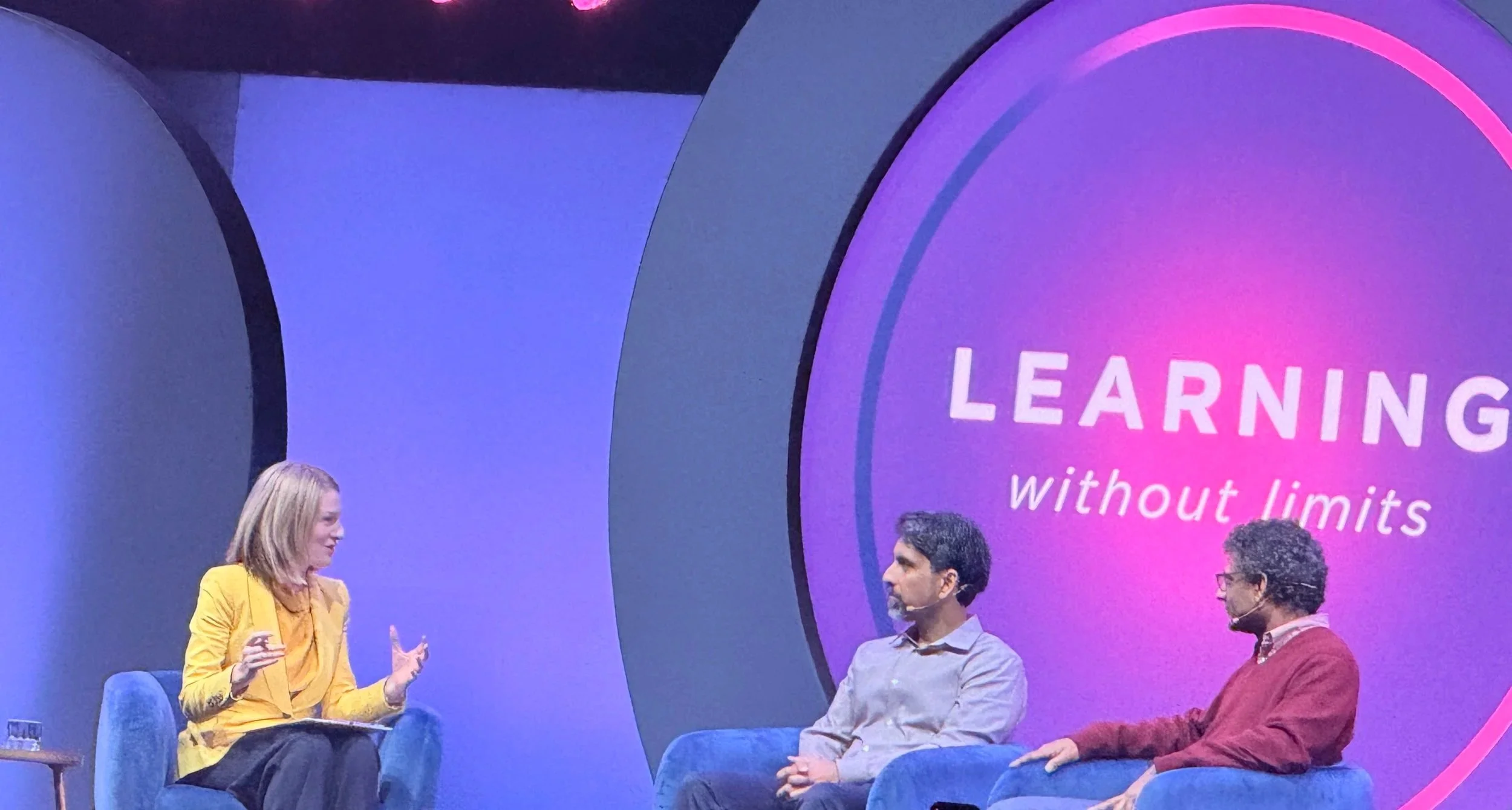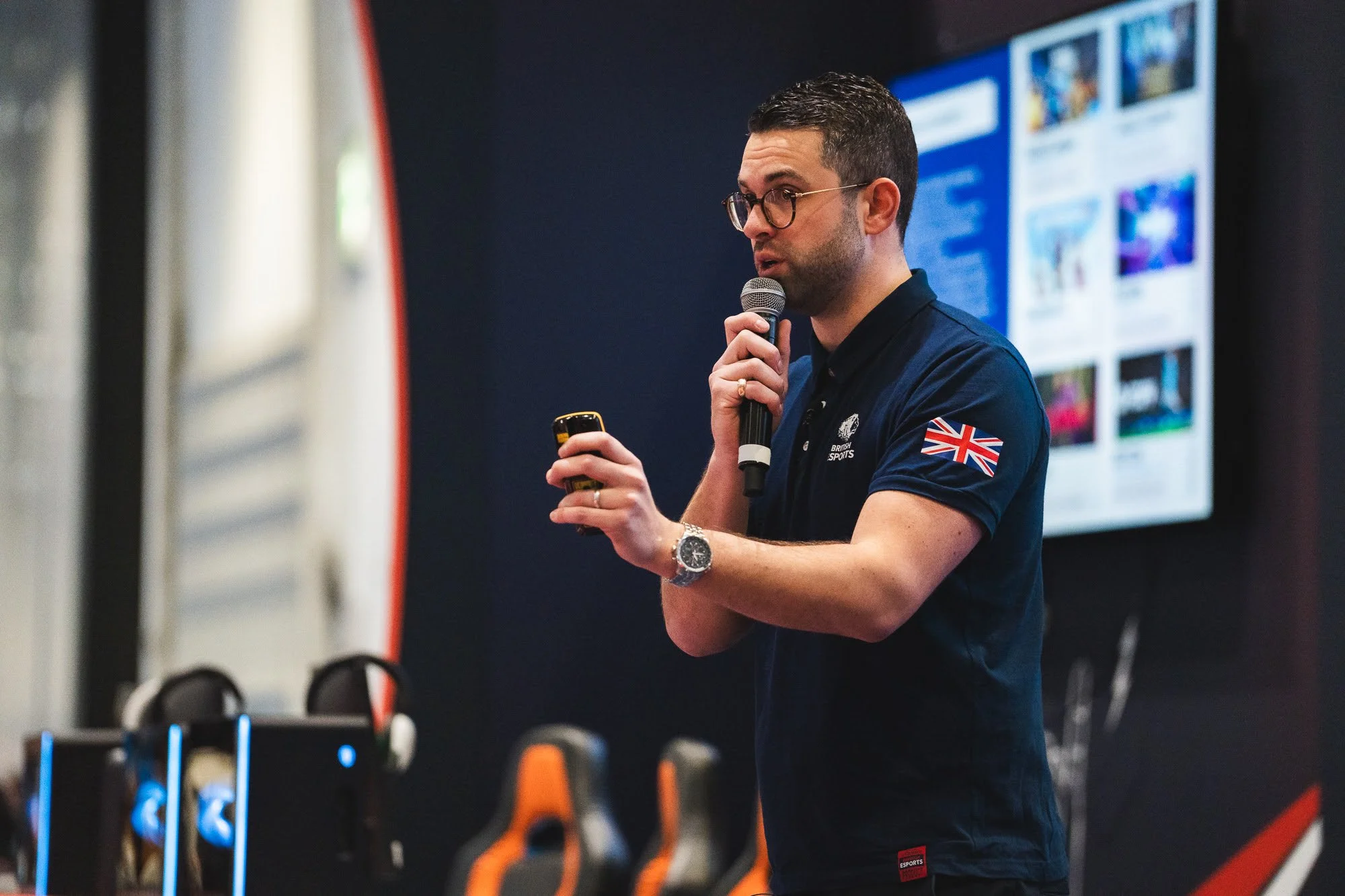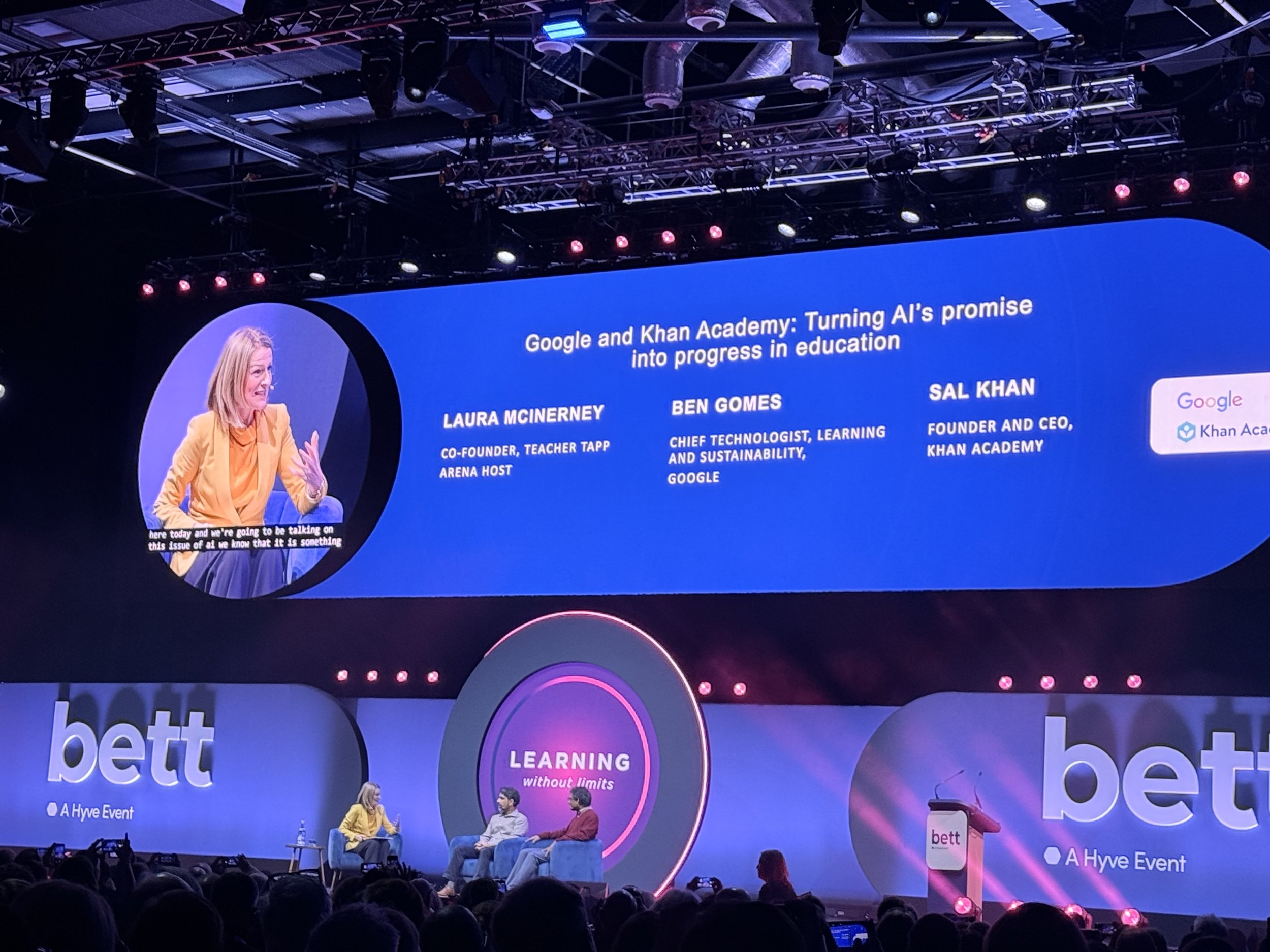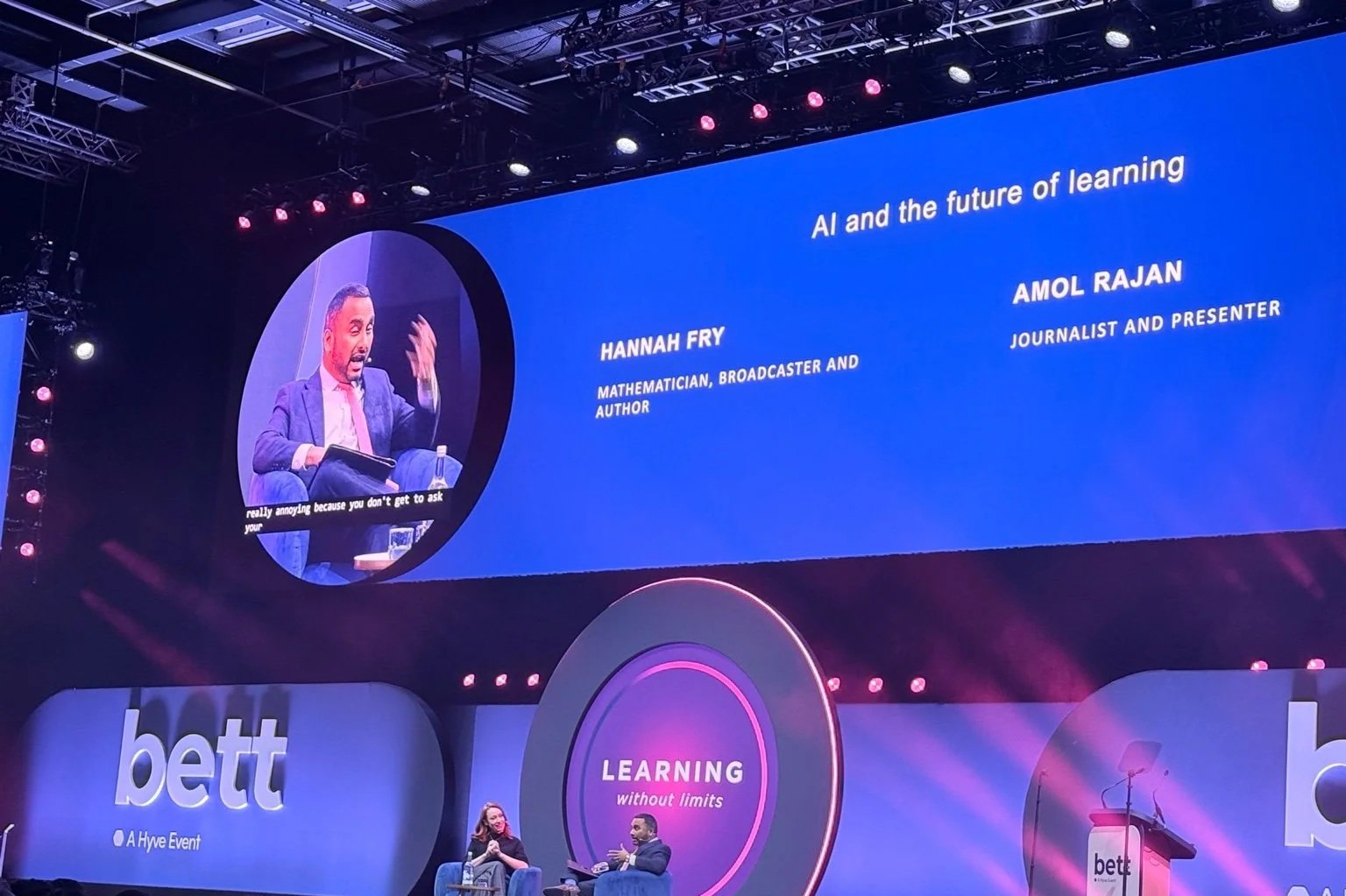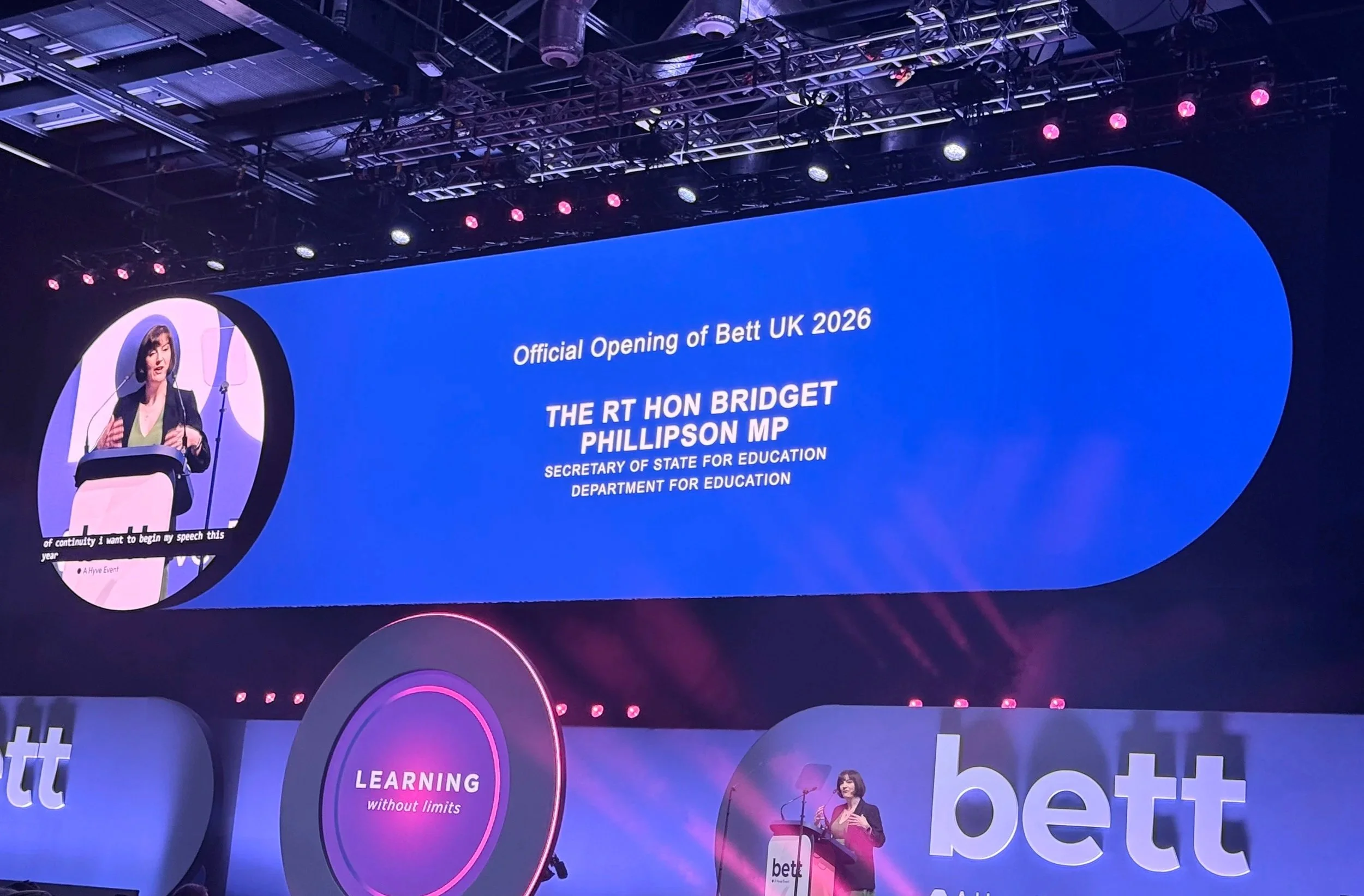OpenAI Edu Academy launches global faculty AI project featuring contributions from over 300 professors
According to a LinkedIn post from ChatGPT for Education, OpenAI Edu Academy has launched the Global Faculty AI Project. The project invited professors worldwide to share classroom applications of AI, resulting in contributions from more than 300 faculty across 30 disciplines. The initiative now features 89 videos that are open-access and free to educators.
Examples from classrooms
The videos highlight how AI is being applied in different teaching contexts. Brinnae Bent, PhD, from Duke University, demonstrates “Hack Your Grade,” where students attempt to outsmart a chatbot to strengthen AI literacy and critical thinking. At Harvard University, David J. Malan presents a “virtual rubber duck” debugging tool designed to guide students without providing direct answers.
Andre J. Hermann from Houston City College shows how AI can be integrated into photo studio assignments, while Marcos Rojas Pino, MD, at Stanford University introduces Clinical Mind AI, a multilingual simulation platform for patient encounters in medical training.
Other examples include Dr. Bruce Forciea of Moraine Park Technical College, who uses custom GPTs and games in anatomy and physiology teaching, and Dr. Simarjeet Singh of Great Lakes Institute of Management, who applies AI in financial modeling. Jalal Sarabadani at San Jose State University integrates AI into group design exercises, and Kateryna Ilchenko at Arden University highlights the use of AI for teaching, administration, and module leadership.
Themes and broader impact
An Open AI blog identifies key themes: hands-on learning, accessibility for diverse learners, disciplinary transformation, and ethics in AI use. Faculty contributors showcase methods ranging from patient simulations in medical schools to AI-driven role-play in law classes. Several contributors emphasize academic integrity and responsible use as AI becomes more embedded in higher education.
Andrew Glenn, Open AI’s AI Deployment Manager comments in the blog: “These aren’t abstract possibilities. They’re practical, tested methods already shaping student outcomes. The OpenAI Edu Academy is proud to feature these high-quality contributions, spotlighting a global network of educators who are reimagining what it means to teach and learn in the age of AI.”
The ETIH Innovation Awards 2026
The EdTech Innovation Hub Awards celebrate excellence in global education technology, with a particular focus on workforce development, AI integration, and innovative learning solutions across all stages of education.
Now open for entries, the ETIH Innovation Awards 2026 recognize the companies, platforms, and individuals driving transformation in the sector, from AI-driven assessment tools and personalized learning systems, to upskilling solutions and digital platforms that connect learners with real-world outcomes.
Submissions are open to organizations across the UK, the Americas, and internationally. Entries should highlight measurable impact, whether in K–12 classrooms, higher education institutions, or lifelong learning settings.
Winners will be announced on 14 January 2026 as part of an online showcase featuring expert commentary on emerging trends and standout innovation. All winners and finalists will also be featured in our first print magazine, to be distributed at BETT 2026.
To explore categories and submit your entry, visit the ETIH Innovation Awards hub.







